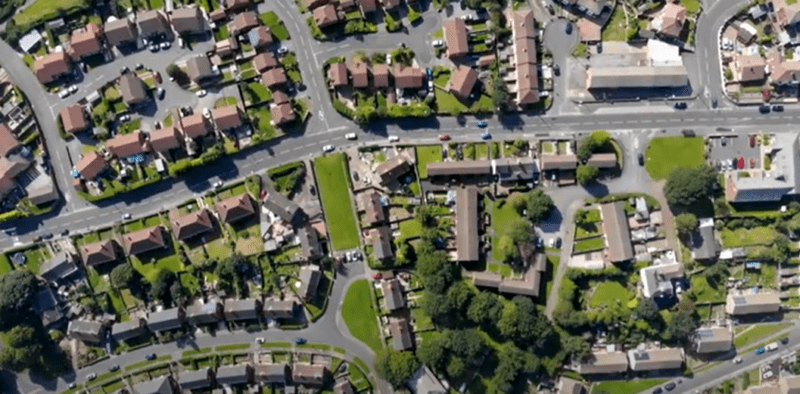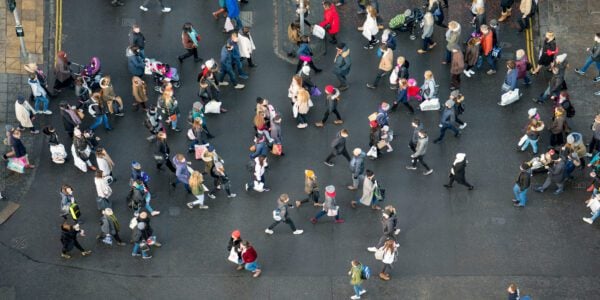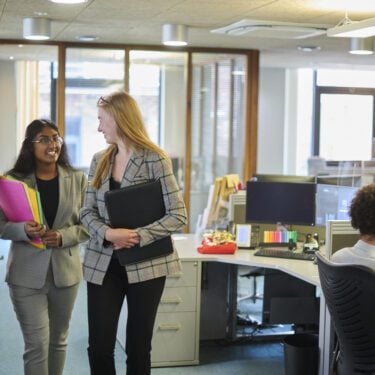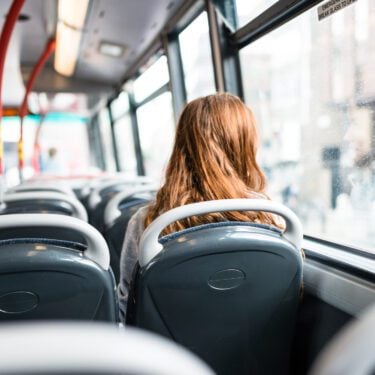
18/05/21
3 min read
The UK is facing a ‘decisive decade’ of change as five seismic economic shifts – the COVID aftermath, Brexit, the net zero transition, an older population and rapid technological change – come together.
Our economic strategy must be rebuilt in light of these shifts, and the opportunities and challenges they create, or we risk leaving the nation diminished, divided, and falling further behind its competitors.
This is the challenge to be examined, and answered, in The Economy 2030 Inquiry. The Inquiry is a ground-breaking new collaboration between the Resolution Foundation and the Centre for Economic Performance at the LSE, funded by the Nuffield Foundation as part of our Strategic Fund.
The UK’s decisive decade – the launch report for The Economy 2030 Inquiry – says that the country is on the brink of a decade of major change, with the 2020s likely to define Britain for many decades to come. These changes include:
- COVID: Greater home working means more lifestyle choices for professionals, but forces lower earners to find new jobs in new places.
- Brexit: As well as utilising new-found policy freedoms, the UK must wrestle with higher trade costs that saw goods trade with the EU down 14 per cent in the first quarter of 2021, compared with the same quarter in 2020.
- Net zero: Decarbonisation presents many economic opportunities, but action is urgent. We need to go from installing almost zero heat pumps each year, to installing 3,000 every single day by 2030.
- Technology: New technologies drive up but also disrupt living standards. The OECD estimate one-in-seven jobs could disappear as a result of automation in the next 15-20 years.
- Demography: The ratio of those under 20 or over 65 to those aged between 20 and 64 is set to increase from 72 per 100 to 79 per 100 between 2020 and 2030 – a faster projected change than in any other decade in the first half of the 21st century.
The UK’s decisive decade warns that the UK is neither prepared for, nor used to, change on this scale. While the government has committed to ‘Build Back Better’, ‘Level Up’ and embrace ‘Global Britain’, neither it, nor any major political party, have an economic plan for achieving these welcome high-level objectives. Any such strategy was notably absent from last week’s Queen’s Speech.
And, far from being used to accelerating change as is often claimed, the first two decades of 21st century Britain have actually seen falling or flat economic dynamism.
The report finds that the churn of workers in the 2010s, as some sectors grew and others shrank, was at its lowest level since the 1930s. Individual workers’ voluntary job moves have also fallen by 37% between 2001 and 2019.
The UK’s decisive decade notes that the UK is entering the 2020s with considerable strengths to build on – including record employment levels pre-pandemic, global strengths in high-value services, and a political consensus over its Net Zero target.
But without a proper plan to shape this period of seismic economic change, the UK risks squandering these strengths and failing to address its major weaknesses, from the slowest productivity growth for over 120 years in the past decade, to higher inequality than any country in the EU except Bulgaria.
Finally, the report says that the stakes for how the UK chooses to navigate the 2020s could not be higher. Countries’ relative economic performance can change, with Italy seeing no growth in GDP per capita over the past two decades, but the UK also having fallen further behind Germany in recent years.
If the UK’s pace of underperformance relative to Germany continues at the same pace in the 2020s, then it will end this decade with GDP per capita much closer to that of Italy than Germany.
Sir Clive Cowdrey, Founder of the Resolution Foundation and Co-Chair of The Economy 2030 Inquiry, said:
“The UK’s recent record of weak productivity, stagnant living standards and high inequality makes a new economic approach desirable. What makes a new approach essential is the scale of coming change.
“The UK now faces a decisive decade, as the aftermath of COVID-19, Brexit and the net zero transition come together with major shifts in technology and demography. This matters for far more than economics. Failing to rise to this challenge risks leaving the nation diminished and divided.”
Baroness Minouche Shafik, Director of the LSE and Co-Chair of The Economy 2030 Inquiry, said:
“The decade ahead will be decisive for the UK. New trading relationships, the digital revolution, and net zero will fundamentally change our economy and society. We need to rethink our economic strategy to rise to these challenges and ensure that we create a society in which everyone can thrive.”
Tim Gardam, Chief Executive of the Nuffield Foundation, said:
“This Inquiry is one of the biggest projects the Foundation has funded in recent years. It will identify and respond to the significant economic challenges facing the UK in the decade ahead. In doing so, it will offer an overarching framework within which to consider the wide range of Nuffield’s work on disadvantage, vulnerability and educational opportunity.
“It is in the tradition of Nuffield Foundation reports from 1945 to the present day that have provided the evidence to underpin public debate and policy formulation to advance social well-being. The Inquiry will help determine the risks and priorities we must address if we are to create a more just and inclusive society in post-pandemic Britain.”
The Economy 2030 Inquiry launch video.















































